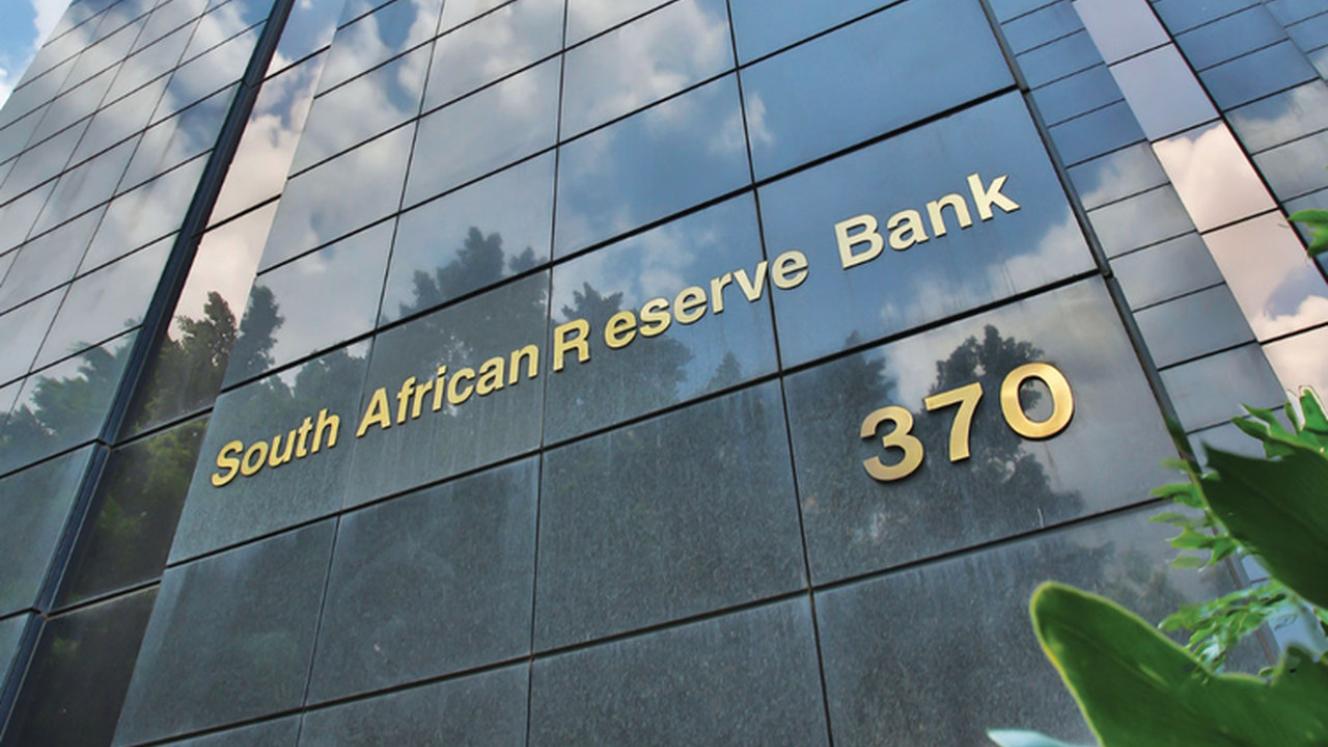Renewed calls by the governing African National Congress (ANC) to ‘expand the mandate’ of the South African Reserve Bank (SARB) should come as little surprise. However, should this route be pursued, it is unlikely to resolve the policy and regulatory barriers that inhibit and discourage capital investment and job creation.
During an interview in Mangaung on January 6, Gwede Mantashe, the chairman of the ANC, said: “The mandate of the Reserve Bank has to be expanded to meet the needs of the economy.” Expanding the SARB’s mandate could include something such as ‘targeting unemployment’. But despite these utterances and desires, it is unclear how precisely expanding the central bank’s mandate – to, for example, dictate looser monetary policy and lower interest rates (in a higher inflation context) – will cure the myriad ideological and policy wounds the governing party has inflicted on the economy.
In terms of low-hanging fruit to set the economy and society on a more prosperous path, reliable electricity supply, less red tape, and lower barriers to trade (in terms of tariffs and improved trade infrastructure efficiencies), should be at the very top of the list. Expanding the SARB’s mandate will not in any way assist in alleviating these fundamental problem areas.
Given its current tools and mandate, the SARB has done as well as could have been expected to protect the value of the rand while at the same time trying to combat inflation. In 2022 the SARB raised interest rates six times. But sound monetary policy and moves can only go so far when other government departments and arms have implemented policies that exacerbate inflationary pressures.
For example, the vast amount of tax that is applied as part of the petrol price services to drive up transport costs. The numerous problems at the ports mean that imported goods and materials take longer to reach their destination, adding to business operation costs and delaying economic growth and activity from taking place. The decline in quality and reliability of the railways means that importers and exporters are forced to use more expensive forms of transport for their needs, again driving up costs. Labour market rigidity increases the risks and costs of doing business, adding to compliance costs, especially for smaller to medium-sized businesses, again making doing business more difficult than it should be. All these policy and regulatory issues are the responsibility of other government departments, and the negative effects of these that pervade the economy cannot be wished away by the SARB.
Changing the SARB’s mandate could well require constitutional amendments or changes, and this possibility cannot be ruled out. As the country heads toward a general election in 2024, with the ANC support steadily on the decline, the party may well resort to more desperate measures to try and shore up support at the voting booths. One of these paths could involve targeting the SARB. Changing the SARB’s mandate is highly unlikely to solve the basic policy issues that afflict the economy and society, and could well undermine the credibility of the institution – and down the line, the soundness of the currency and wider economy.
Chris Hattingh
Head of Policy Analysis
Centre for Risk Analysis










